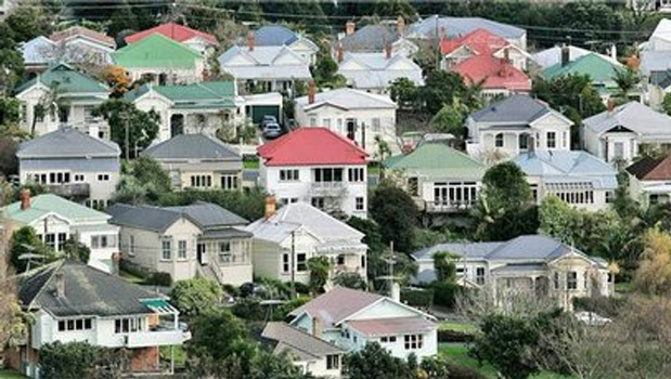
Three-thousand more public homes will be built by mid-2025 through more than $3 billion of capital funding, in addition to the 14,050 homes funded to June next year.
Māori housing would also receive a boost in Budget 2023 through funding for an additional 322 homes, as well as Māori communities impacted by Cyclone Gabrielle being provided with 400 relocatable cabins for those displaced from their homes.
The Government had so far delivered 11,380 more public homes and 4131 transitional homes in its rebuilding of the public health sector following its “decimation by National”, according to Housing Minister Dr Megan Woods.
“One in seven of New Zealand’s public homes have been delivered in the past six years by this Government - many of them brand-new builds,” Woods said.
A total of $3.1b of capital funding was allocated to provide the additional homes, alongside $465 million of operating expenditure across the next four years.
The Public Housing Plan would be updated in the coming weeks to show where the 3000 houses would be located, to be decided by Kāinga Ora and community housing providers, including Māori and iwi partners.
Willie Jackson, Housing Associate Minister responsible for Māori Housing, welcomed the support for Māori housing as well as the assistance to cyclone-hit communities in Tairāwhiti, Wairoa, Napier, Hastings and Te Taitokerau (Northland) with hundreds of relocatable cabins.
“Māori communities were also particularly affected by the recent extreme weather events that damaged a significant number of homes, displaced people, and isolated entire communities,” he said.
Of the Government’s commitment to deliver 1000 homes, enable 2700 infrastructure sites and repair 700 homes in Māori communities, Jackson said 1018 homes had been approved or contracted, 1615 instructure sites enabled and 415 repairs made.
Funding had also been allocated for 80 more youth transitional housing places, bringing the overall total to 280.
That meant the Government’s target to create 200 rangatahi-focused youth transitional housing places by 2024 could be exceeded, Associate Housing Minister responsible for homelessness Marama Davidson said.
“Everyone should have a safe, secure and stable home to call their own – but right now thousands of whānau do not have a permanent place to live,” she said.
“We are changing that by investing in locally driven solutions that work.”
The funding also extended the Local Innovation and Partnership Fund and will go to work supporting more community-focused projects that respond to and prevent homelessness.
Take your Radio, Podcasts and Music with you









